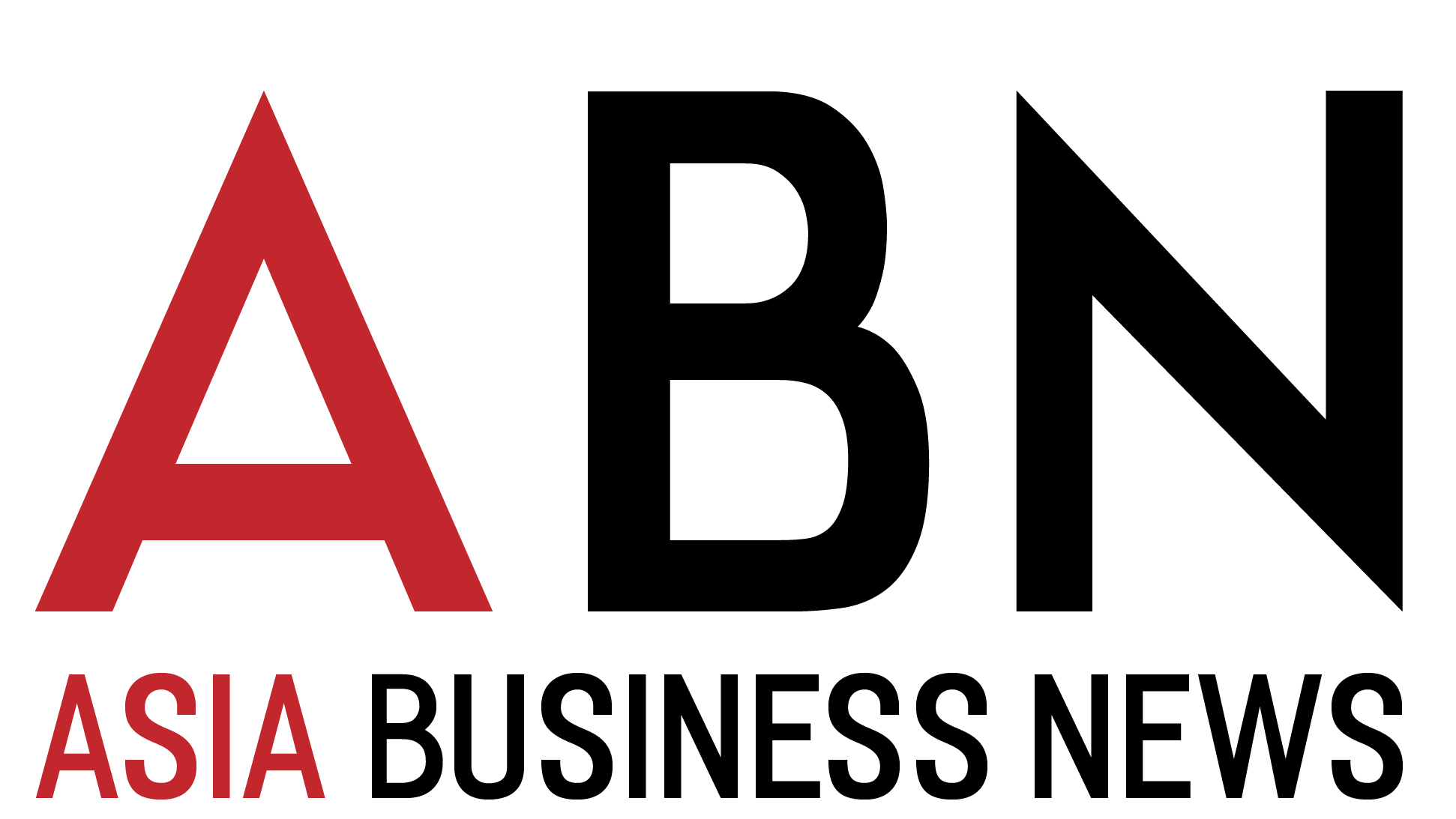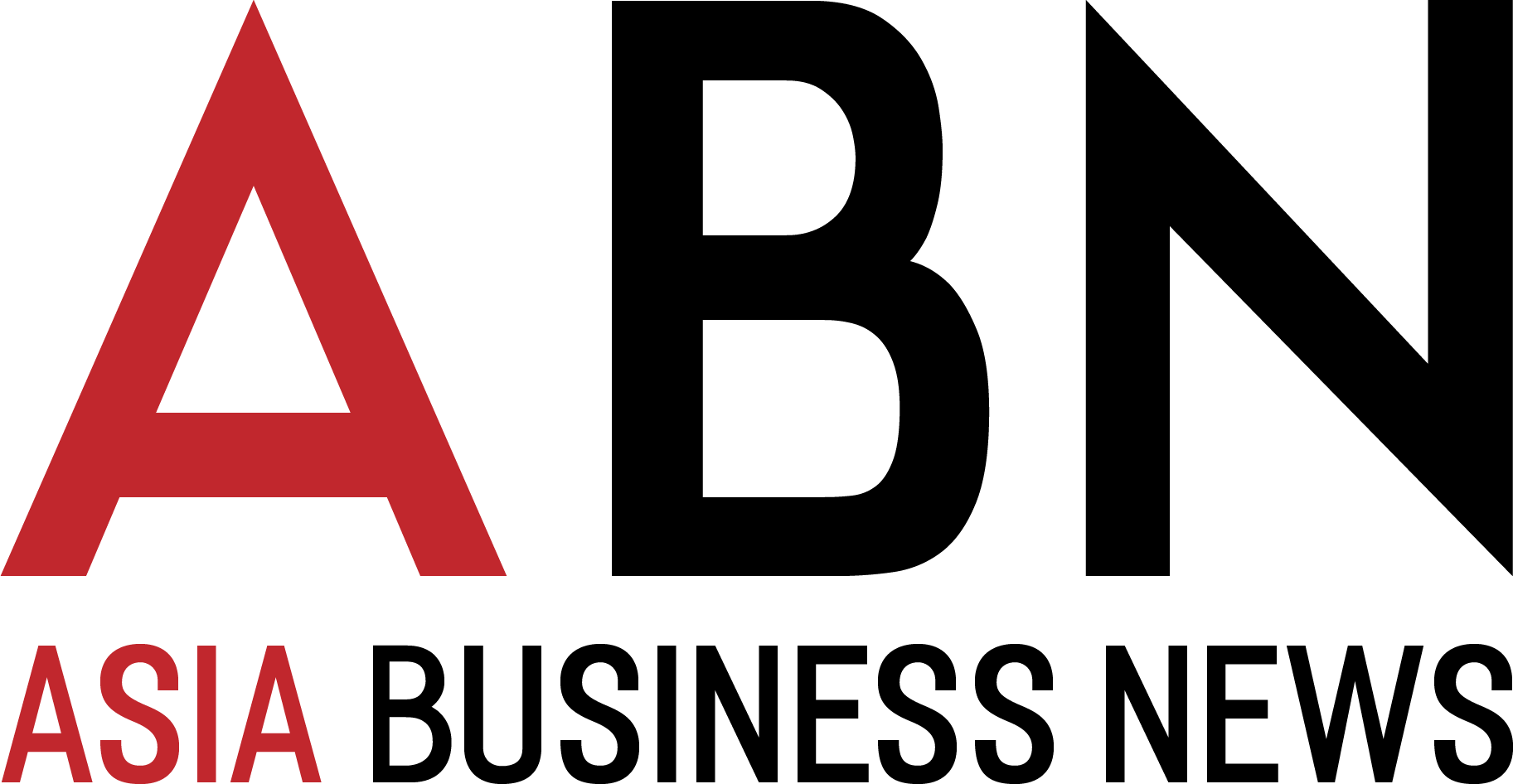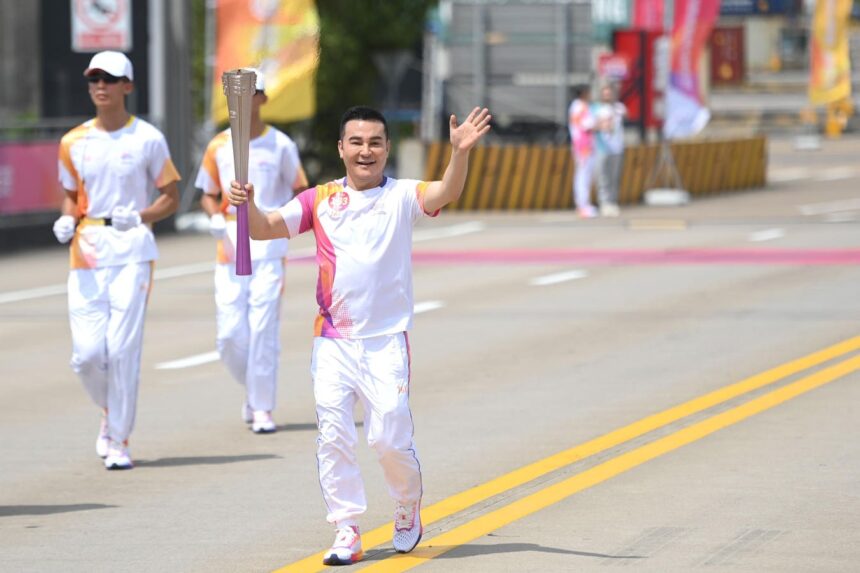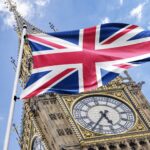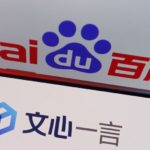In September 2023, torchbearer Mao Geping ran during the 19th Asian Games torch relay in Ningbo City, Zhejiang Province.
Huang Zongzhi/Xinhua News Agency/Getty Images
60-year-old makeup artist Mao Geping successfully listed his cosmetics brand in Hong Kong and became a billionaire. The stock price rose 87% from the IPO price on the first day.
The entrepreneur, who founded Mao Geping Cosmetics in 2000, currently has a net worth of $1.6 billion, based on the shares he and his wife own in the company, according to Forbes estimates. Mao Geping Cosmetics, based in scenic Hangzhou, raised HK$2.3 billion ($301 million) by issuing 78.4 million shares at HK$29.80 each, the upper end of a previously designated range.
Retail investors are keen on high-end cosmetics brands, which are seen as having an edge in product design over international companies such as Estée Lauder and L’Oréal, thanks to Guo Chao trend. The term refers to Chinese consumers’ growing preference for local brands and their aesthetics over foreign brands, as they come to believe that the former are just as good. The retail shares sold by Mao Geping were oversubscribed nearly 920 times, making it one of the most popular listed stocks in Hong Kong this year.
Kenny Ng, securities strategist at Everbright Securities International in Hong Kong, said via WeChat that the company was also higher on the overall gain after China said yesterday it would take stronger measures to stimulate its faltering economy. Hong Kong’s benchmark Hang Seng Index rose another 1% on Tuesday morning, following gains on Monday afternoon.
Investors were encouraged by the “moderately loose” monetary policy announced by China’s leadership in 2025, a major change from the “stable” monetary policy implemented in the past 14 years. Nomura economists such as Lu Ting wrote in a report on December 9 that its description of fiscal policy has also changed from “proactive” to “more proactive,” implying that next year the fiscal deficit will account for GDP from Increase from 3% to 4% in 2024.
Economists at Nomura Securities said the announcements signaled an increase in spending next year to boost growth, with China likely to set an economic growth target of “around 5%” to boost confidence. Everbright’s Wu said that as consumers become more optimistic, any increased spending is likely to benefit high-end brands such as Mao Geping.
But Dicky Wong, executive director of research at Kingston Securities in Hong Kong, warned that Mao Geping’s gains may not last. He believes its valuation is already high amid the sentiment-driven market rally. “It’s time for investors to take profits,” he said by phone.
Mao Geping Cosmetics did not respond to an emailed request for comment. Amid uncertainty in the domestic economy, the company stated in its prospectus that overseas expansion is its core strategy. According to its prospectus, the company intends to expand its business in Europe, America and Asia-Pacific through online and offline high-end department store sales. The prospectus stated that Mao Geping Cosmetics does not rule out strategic investments and acquisitions for international expansion.
This would be a big step for a cosmetics brand that operates primarily in mainland China. In the first six months of this year, the company’s revenue rose 41% year-on-year to nearly 2 billion yuan ($271 million). Net profit was 492.5 million yuan, an increase of 41% year-on-year.
Teacher Mao first studied opera performance, and later entered the cosmetics industry and enjoyed star status as a makeup artist in China. He provides tips and tutorials on social media platforms such as Instagram-like Xiaohongshu and TikTok’s Chinese sister app Douyin. This entrepreneur is so good at it that some netizens joked that he can do it Turn backor completely change a person’s appearance.
